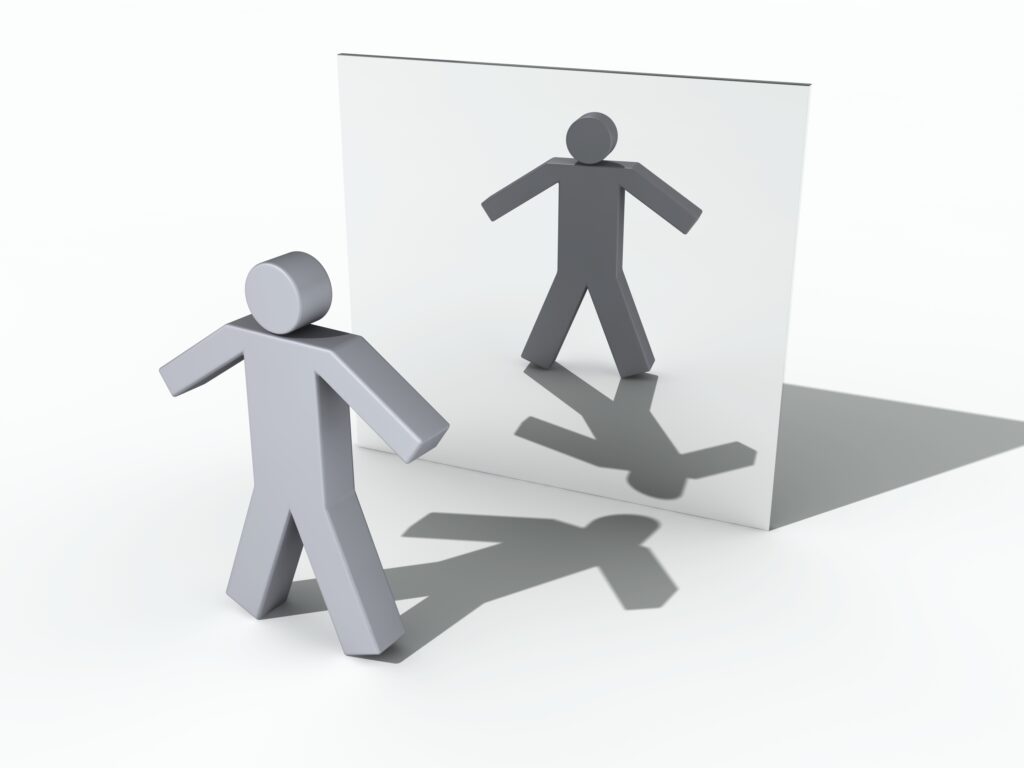Clients - and coaches - who understand that they have personal responsibility for their success are much more likely to succeed in their endeavours, says Olivia Stefanino.
Speaking on the phone recently with a colleague in New Zealand, I was somewhat taken aback when he asked me, “What are you tolerating at the moment”? It’s one of those questions which keeps coming back to haunt you as you go about your daily business – and for me, it brought up a lot of useful insights.
Of course, there are many great coaching questions – some of which are taught to those who are learning about the profession and others that just seem to bubble up in the middle of a conversation. In fact, I was so provoked by my friend’s question that I was moved to ask it in a recent survey of my clients – and their responses were pretty interesting too. So what did their answers reveal?
Personal accountability required
Superficially, the answers were different – although many revolved around the age-old problems regarding relationships, money and health. But actually, most of the difficulties could be fairly easily resolved with a little will power, commitment and focus.
And aren’t will power, commitment and focus what we help with as coaches? And is there something more that we should be encouraging? I’d say there is – and that the extra something should be to share with our clients the concept of 'personal responsibility'.
 "Clients who understand that they have personal responsibility for their success are much more likely to succeed."
"Clients who understand that they have personal responsibility for their success are much more likely to succeed."Clients who understand that they have personal responsibility for their success are much more likely to succeed in their endeavours – and I’m sure that there are plenty of coaches out there who know just how hard it is to motivate and inspire someone when they hold onto a blaming attitude. While blaming others for our own lack of success can be tempting, it’s worth bearing in mind that when we blame others, we make ourselves powerless. And the same holds true for our clients too.
Stories and labels
So, it’s up to us to help them see that if they’re to succeed, then they’re going to have to shift away from blame and into personal accountability. And as shocking as it sometimes seems, not everyone is ready to make that shift. Attachment to our personal 'stories' and the 'labels' that we carry – often from childhood – can keep us stuck in the very pattern that we declare loudly that we want to leave behind.
In fact, I’d go so far as to say that our personal stories (after all, they form our identities) are the number one cause of self-sabotage. And if we’re to be effective as coaches, then surely it’s up to us to help our clients understand their patterns and their self-limiting beliefs and then gently help them discover ways to let them go. Maybe it’s a case of our 'past' is just our story - while our 'future' is our potential.
Freedom from faulty thinking
Clearly the latter is more fun to work with, but I’m not sure that we can truly help our clients unless we’re able to help them free their 'past' thinking. So, how can we best achieve this? The first and most useful step is to help our clients (and of course ourselves, because if we’re honest, we suffer from the same 'storytelling' myths) become consciously aware of their thinking, their patterns and their distortions.
In a way, we can hold the mirror up for them, so that they get to see for themselves how their thoughts, feelings and behaviours are causing the results they’re getting. And as coaching 101 states: “If you don’t like the results you’re getting, change what you’re doing.” Conscious awareness is the key. After all, once you know something, you can’t not know it!
From that point on, it becomes a matter of dealing with the unhelpful patterns that we’ve been carrying (perhaps through a mix of forgiveness, acceptance and letting go) and moving on to make positive decisions and choices. When we decide or choose, we’re in our power. And when we’re in our power, we’re no longer prepared to tolerate aspects of our lives – instead we move on to fashioning our experiences in the best way that suits us, our vision and our goals. So, before you even begin to think how you can help your clients, stop for a moment and ask yourself what you’re tolerating. You might be surprised by the answers. And then of course, comes the supplementary question. “What are you going to do about it?”
Olivia Stefanino is the author of the management book, 'Be Your Own Guru – personal and business enlightenment in just 3 days!' Her audio programme for helping individuals to heal their past in less than an hour is currently being launched in the USA. To get your free mini-reports: 'Discover the 7 deadly traps you absolutely must avoid if you’re to get the health, wealth and happiness you deserve' visit www.pearprocess.com










